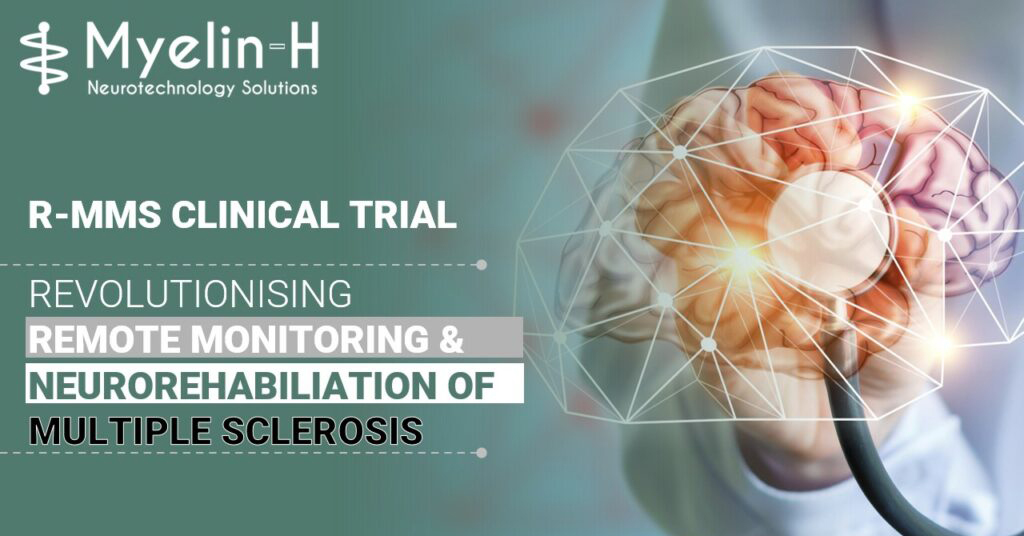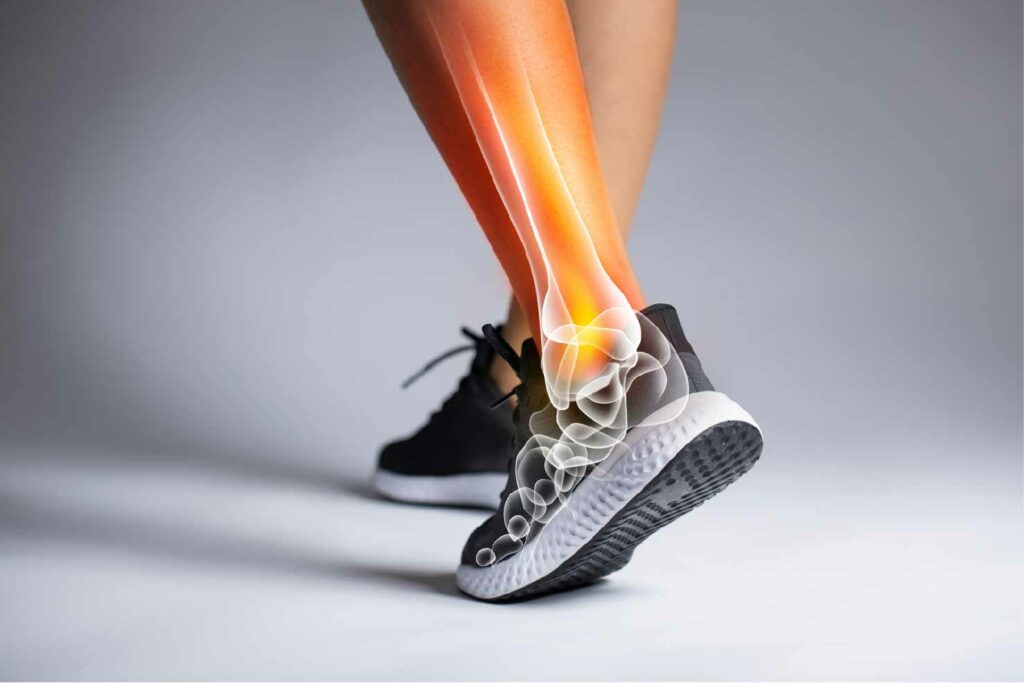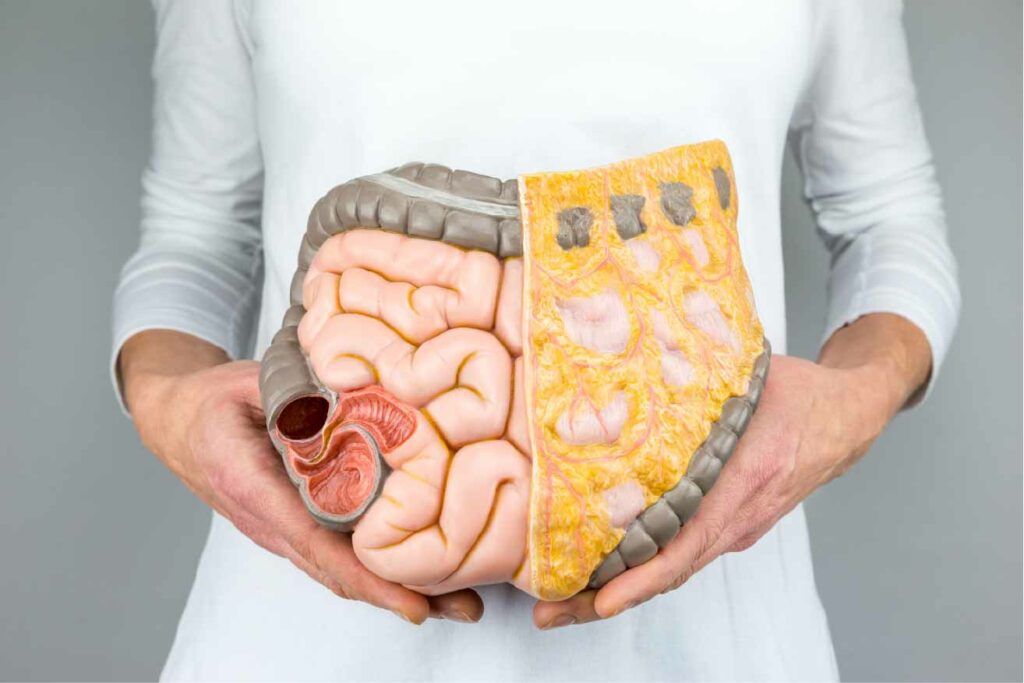News
Large scale COVID-19 testing
Bitte beachten Sie, dass dieser Artikel derzeit nur auf Englisch verfügbar ist. Eine Übersetzung ins Deutsche wird in Kürze verfügbar sein.

A public health measure
As part of the deconfinement, Luxembourg is calling on its residents and cross-border workers to get tested for COVID-19. It aims to limit the spread of the novel corona virus by voluntary extensive testing until the end of July. This will allow to break infection chains and thus protect family, friends and colleagues. The more tests are carried out, the more new infections can be prevented and the safer everyday life will be.
From 27 May to 28 July 2020, a total of 17 “drive-through” and 2 “walk-through & bike-through” test stations will become available across the country to carry out up to 20,000 tests per day. Citizens and cross-border workers are divided into representative groups that receive invitations by post to get tested voluntarily.
It is important that as many citizens as possible accept these invitations in the coming weeks, because the majority of those infected do not know that they carry the virus. They show little or no symptoms and pass on the virus unconsciously. The COVID-19 PCR test determines whether a person is contagious. While this is a snapshot, it helps identify positive cases, which will then go into domestic isolation for about two weeks and whose contacts are traced back. This reduces the risk of infection for their fellow citizens and new infection chains can be broken. A large-scale participation in the testing increases the protection of their family, friends, colleagues and, last but not least, the risk groups – and thus helps to keep the spread of the virus under control.
WHO WILL BE TESTED AND WHEN?
The testing starts already this week: about 6,000 high school graduates and For the large-scale testing, the population is divided into 3 categories depending on their risk of being exposed to the virus:Category 1 specifically targets groups who are at work most exposed to the virus and who are in contact with many other people, which may increase the risk of transmission. These are professional groups like nursing staff and doctors; hairdresser and cosmetic services; police officers; staff from nurseries; staff from the HORESCA sector as soon as it is reopened; etc.. This category receives invitations to be tested every two weeks.
Category 2 comprises the groups that are either already working normally again, or for which the lockdown will be lifted in the coming weeks. Within these larger groups, small representative subgroups will be tested for the virus. The results from these subgroups can be seen as an early warning signal for the respective sectors, since they allow to identify any new flare-ups in virus spreading at an early stage. Groups for which the lockdown will be lifted can either be tested completely at once (and then be monitored by regularly testing smaller samples) or be split into randomly selected subgroups which are tested over the entire period.
Category 3 Once the exit restrictions are entirely lifted, the timely detection of an increase in infections is crucial to reduce the risk of a second pandemic wave. Therefore, representative samples of the entire population of Luxembourg including cross-border workers are tested every week. This will facilitate the early detection of infection flare-ups in certain regions or sectors, break infection chains and thus help to reduce the spread of SARS-CoV-2.
Based on this concept, the following sectors will be tested:
From 25 May:
– Sectors from category 1: hairdressing and cosmetics, childcare personnel.
– Sectors from category 2: construction sector.
From 1 June 2020:
– Sectors from category 1: nursing staff and doctors, police officers, prison guards, pharmacy personnel, system-relevant sector personnel.
– Sectors from category 2: elementary school students and teaching staff, industry and retail. This multifaceted testing strategy covers all potential points at which the virus spread can flare up again. It should allow to test a large part of Luxembourg’s population once and thus help to continuously monitor and keep the spread of the virus under control. This enable all residents and cross-border workers to return to their social and professional life as safely as possible. Considering the dynamics of infections, flexibility is needed to be able to respond quickly to new developments (regional or sector-specific infection clusters). Accordingly, depending on the circumstances, the test capacities can be adapted on a weekly basis.
WHERE WILL THE TESTING TAKE PLACE?
A total of 17 drive-through test stations are spread across the country. They are located in Neudorf, Niederanven, Ersange, Frisange, Dippach, Steinfort Windhof, Steinfort P&R, Machtum, Junglinster, Schieren, Schinkert, Luxembourg-Bouillon, Kirchberg, Howald, Bascharage, Belval and Esch-sur-Alzette. In addition, walk-throughs are planned in Belval, Kirchberg and at the Rotonde close to the train station in Luxembourg city. A total of 400 people will be working at these stations in the next two and a half months. These are nurses, security and cleaning staff, administrators, logisticians and coordinators.
HOW DOES THE TESTING WORK?
Citizens and cross-border workers will receive an invitation per post, which will allow them book a test appointment online at one of the testing stations. On the selected date, the person goes to the testing site, where they present their invitation, ID card and their insurance card. A throat swab is then carried out and sent to the laboratory. The tested person leaves the test site and receives the test result via SMS within two days. If the result of the test is positive, the person is contacted personally by the Inspection Sanitaire and will be asked to spend two weeks at home in self-isolation. If the test result is negative, the person must continue to follow the usual protective measures and can return to everyday life.
WHO ARE THE PARTNERS WITHIN THIS PROJECT?
The project has been developed by Research Luxembourg’s COVID-19 Task Force and is led by the Luxembourg Institute of Health. The tests are carried out by its contractual partner Laboratoires Réunis, which are logistically supported by Ecolog.
WHAT IS THE COVID-19 TASK FORCE?
Efficient measures in the context of the COVID-19 pandemic require close cooperation between research, hospitals and the Government in Luxembourg. For this reason, Research Luxembourg (LIH, LISER, LIST, LNS, Luxinnovation, University of Luxembourg and FNR, under the coordination of the Ministry of Higher Education and Research) has set up the COVID-19 Task Force in order to better implement relevant initiatives. Based on a list of priorities elaborated by ministries and other partners, a number of work packages have been defined, which the COVID-19 Task Force will work on in the coming weeks and months. In cooperation with the government, the COVID-19 Task Force sees its role in providing scientific input to enable the government to work on a fact-based EXIT strategy. To this end, the COVID-19 Task Force is continuously working on updates on the development of the pandemic in Luxembourg and submits concepts and recommendations from a scientific perspective so that they can be incorporated into the political decision-making process.

MORE INFORMATION
Find out more about the COVID testing and COVID-19 Taskforce







